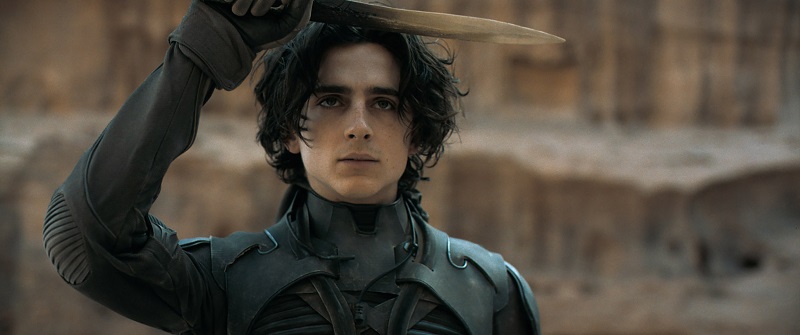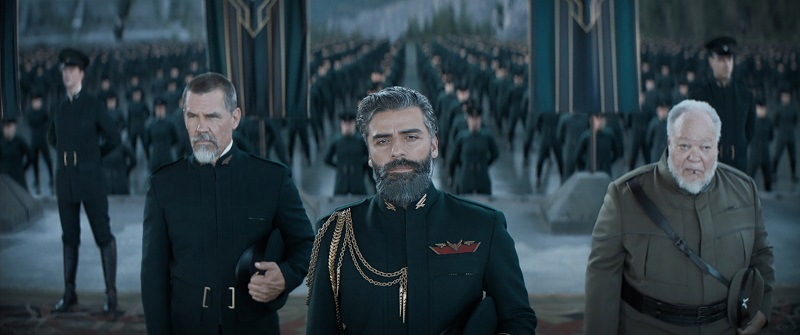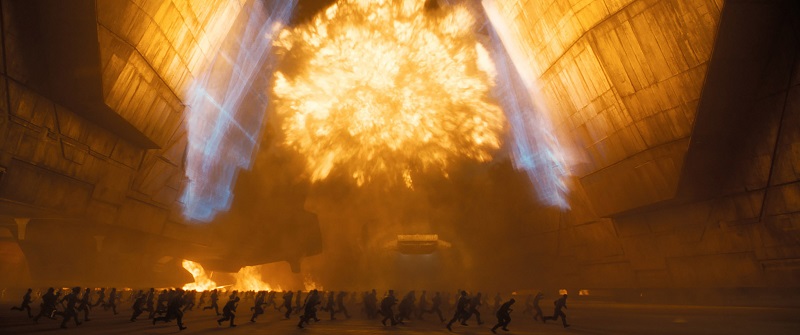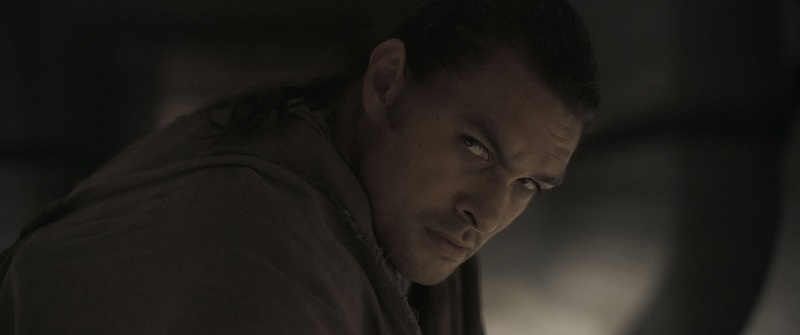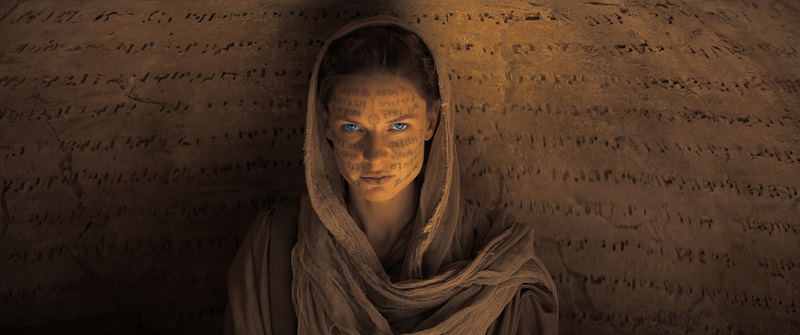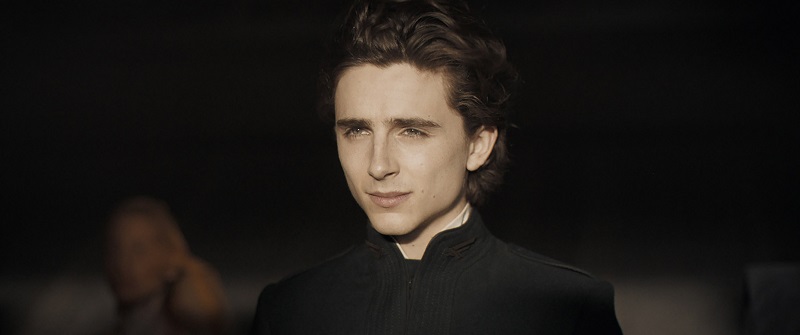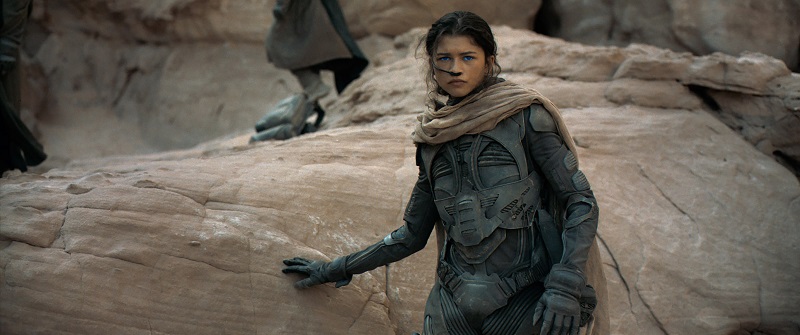In the end, the key to any of our fantastic and time elusive masterpieces in the tale-telling department lay in what seems like the most obvious of items, a story. Author extraordinaire Frank Herbert was keenly aware of that elusive element, and it is in full display in his August 1965 released science-fiction epic novel Dune.
The key component to our society embracing or turning our back on tales is simple—it has to be a rich and compelling story. The novelist is an expert in that arena and that is why to this date over 20 million copies have made their way into the hands of literature appreciators.
Filmmaker extraordinaire David Lynch took a stab at the material that was somewhat warmly received when it landed in theaters in December of 1984, starring Kyle MacLachlan, Sting, José Francesca Anis, Leonardo Cimino, and legend José Ferrer. Sadly, when it comes to his own filmmaking panache, Lynch has a long documented history of spooking us, moving us, and taking us away to places that only exist in his askew brain. His Dune was lukewarmly received, to put it mildly. He put his unique stamp on it, but Dune isn’t meant to serve as something that a filmmaker is to be his or her fingerprints on every frame. Yet, that seems to be Lynch’s only way of operating behind the camera and we love him for it. It’s just that his vision may have not been one that Herbert would have been congruent.
Now, French Canadian filmmaker Denis Villeneuve—on the other hand—tends to take material that he feels he can elevate and still make uniquely his without losing one ounce of what it was that made the source material so beloved. The helmer has quickly become one whose moniker alone with get this writer to witness his work. His 2013 Prisoners brought every parent’s nightmare to life in such a way that it still haunts my heart eight years removed from that story about the lengths with which a parent (Hugh Jackman) will go to try to keep their children safe (with a fantastic assist by Jake Gyllenhaal as a local detective.
Since then, Villeneuve has quickly become one of Hollywood’s most dependable and gifted filmmakers with his work on Sicario, Arrival, and Blade Runner 2049. When it was announced that Herbert’s distinctive work was getting the Denis treatment, this writer almost fainted. Talk about a match made in heaven. Yes, he still had to get to work. But the level of faith that Warner Bros. had selected a storyteller of Villeneuve’s mettle to tackle the notoriously dense material of Dune, I have had shed a tear or two. Talk about a cinematic match made in heaven.
It is the year 10191, and a spice entitled Melange is considered not only the most in-demand item in the known universe but also the key to the balance of power of said universe. It is located on the desert planet of Arrakis. As Dune commences, one of the galaxy’s fiercer folks—the Harkonners (led by Dave Batista’s turn as the terrific character moniker Beast Rabban Harkonnen. To say he’s not happy about it is a gross understatement. But, what the emperor (Stellan Skarsgård’s Baron Vladimir Harkonnen) says goes, so the Harkonners leave the resource-rich planet in the rearview.
Harkonnnen has selected Oscar Isaac (as Duke Leto Atreides) to take the best and brightest of the House of Atreides and keep that astronomically profitable spice mining running at full speed—despite an indigenous people (led by Zendaya’s Chani) who quietly lay in the shadows making life difficult for their occupiers.
Thing is, and this is teased early in the film, that the Duke’s son Paul Atreides (Timothée Chalamet) is having dreams and visions of Chani, the desert planet, and what comes down to a subconscious battle over fate. Could it be some foreshadowing that sees a world where the spice planets locals (known as the Fremen) could work with the House of Atreides to even the playing field for all? Isaac’s character sure aspires as such.
They say that a substantial portion of any director’s job is casting. With Dune, Villeneuve has secured a who’s who of emerging stars who it is safe to say that each one will wind up holding that golden bald dude at some point of their career. Having a cast—much less one that seemingly effortlessly populate the beyond the fanatical world that Dune is—that engages its audience through “finding” their character is be comprised of Chalamet, Rebecca Ferguson (Mission Impossible: Fallout, Doctor Sleep, and The Greatest Showman), Isaac, Jason Momoa (Aquaman), Skarsgård, Josh Brolin, Javier Barden, Bautista, Charlotte Rampling, Zendaya, and even The Rolling Stones’ muse Marianne Faithfull providing some voice work.
We’ve all seen all-star ensembles fail to deliver under the blazing spotlight of Hollywood, but not so the case with Villeneuve, who gets the absolute most from every single one of his charges.
This “is he the one” mystery is handled with such incredible grace from Chalamet. The man who won hearts with his titanic twin turns in 2017’s Call Me By Your Name and Lady Bird. The actor could not have been a better choice to portray a young prince called to action for his people before he believes he is prepared. His character arc of triumph follows a character going through a momentous change right in front of our eyes and succeeding in real-time. That was one of the faults with Lynch’s Dune that is more than rectified here with the script written by Villeneuve, Jon Spaihts, and Eric Roth. We never fully “cheer” for MacLachlan’s Atreides.
While in 2021, there is an immediate emotive connection between the audience and Chalamet that was sorely lacking in 1984. Part of that credit goes to the relationship that Villeneuve wisely invested in early on between Paul, Lady Jessica, and Duke Leto. It pays distinctive dividends when it matters most, and Herbert would be proud.
Ferguson, as always, is a force of nature. Yet in Dune, there is a reserved cadence to her portrayal that could even have you leaning forwards in your chair to make you not a thing is missed. There is a lot of that in Dune. You don’t want to miss is single peep, sound effect, or seemingly innocent background conversation. The actress plays reserved, yet immensely aware of her soundings that her leer alone is enough to kill that curiosity immediately.
Isaac, thankfully, is having a post-Star Wars success run that Mark Hamill would have killed for! His roles in The Card Counter, Scenes from a Marriage, along with Dune this year alone is a trifecta of triumph. Hey, let’s not forget his Gomez in earlier this month’s The Addams Family 2! It’s in the trailer, so no spoilers here. But when Isaac is conversing with Chalamet about how proud of him he is as his father, it feels so raveningly real that the viewer’s heart may skip a beat.
When you have a cast of this caliber, finding one’s place within the framework of the tale can be a maze, littered with landmines—especially when it comes to the importance of every single character that Herbert created. Every single actor and actress fits into Villeneuve’s Dune as they should, creating a patchwork of different styles, and origins but share something truly crucial in common.
They are part of history. Herbert’s book is considered a classic because there are few novels out there that can transport its reader to a land that is truly original and keep you in the headspace for hundreds upon hundreds of pages. That was missing in the 1984 film and could not be more present in Villeneuve’s incarnation.
The moviemaking wizard also filled key positions on the creative side of the coin with his choices of Hans Zimmer as Composer, Greg Fraser’s Cinematography of course the Production Design achieved by Patrice Vermette. The special effects are just that—special. They don’t overwhelm or distract. It is simply another spoke in the wheel of a masterpiece that Villeneuve has achieved with Dune.
With today’s announcement that Dune 2 is on its way, the fact that one has to wonder about what happens next at the conclusion of Dune can now be placed in the back of the mind.
Yes, the film does somewhat abruptly ends. It is a bold move by the filmmaker to leave the audience wanting more—simply due to the fact that one can feel that there is more to this story than what was visually and delightfully divine.
Now, Dune works all its own. Leaving audiences asking questions at the conclusion is nothing new to Hollywood pictures. It is just nice to know that there will be more of Villeneuve, Zimmer, Chalamet, and the entire gang to further give Herbert the justice and far-reaching spotlight that film can provide.
Grade: A+

